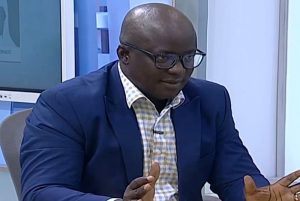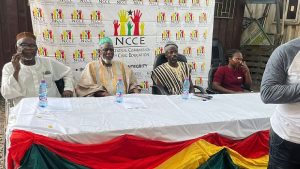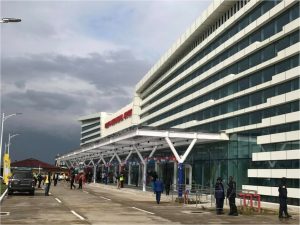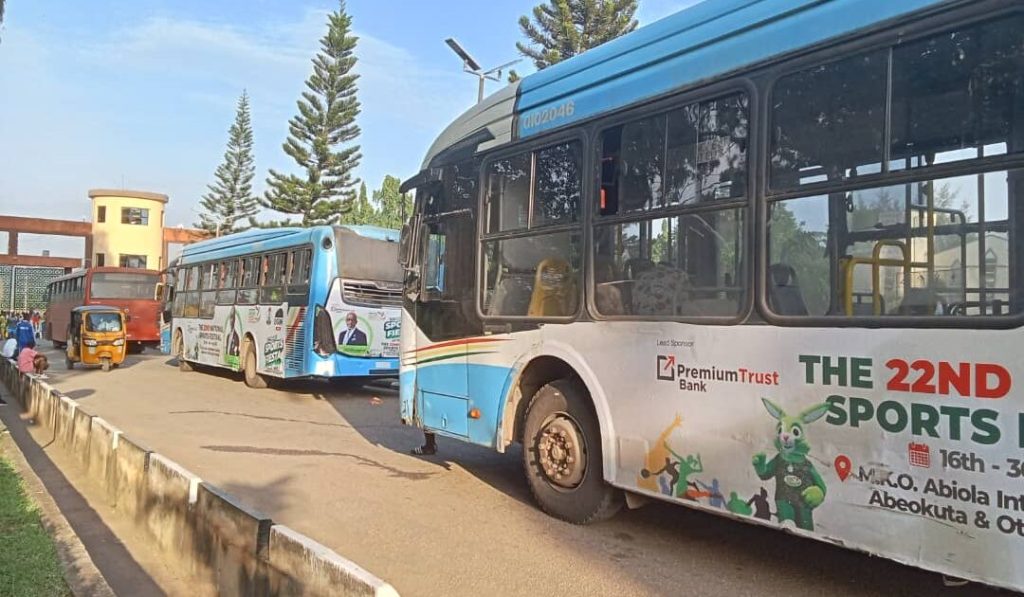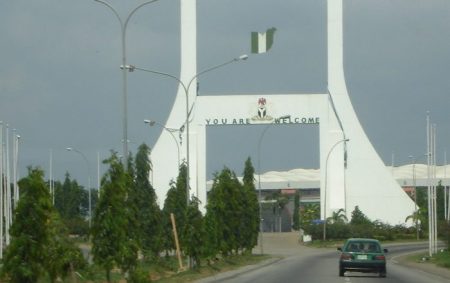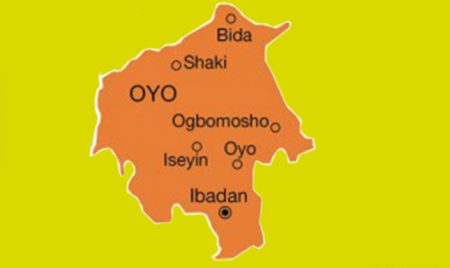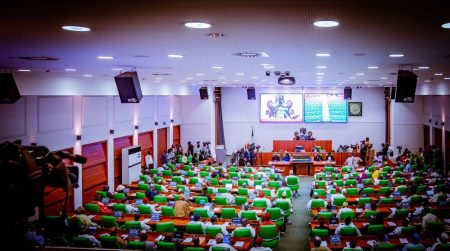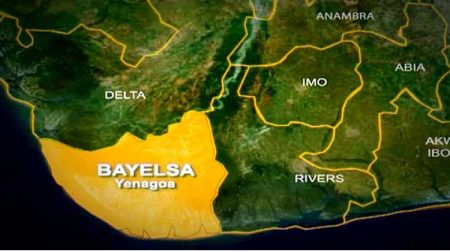The 22nd National Sports Festival, hosted by Ogun State, concluded amidst controversy as athletes representing the host state staged a protest over unpaid allowances. The athletes barricaded the gates of the games village at Babcock University, preventing other athletes and officials from accessing the venue for their final competitions. The athletes demanded full payment of their allowances before they would lift the blockade. This disruptive action unfolded just two days before the official closing ceremony of the festival, casting a shadow over the otherwise celebratory atmosphere of the sporting event.
At the heart of the protest was a discrepancy between the amount promised by the state government and the actual sum disbursed. While the Ogun State athletes acknowledged receiving N50,000, a sum promised to all participating athletes by Governor Dapo Abiodun, and an additional N140,000 as festival allowance, they insisted that the agreed-upon allowance was N210,000, calculated at a rate of N15,000 per day for the 14-day duration of the festival. This difference of N70,000 per athlete fueled their discontent and ultimately led to the demonstration. The athletes expressed their solidarity, vowing to maintain the blockade until the full amount was paid, regardless of the festival’s imminent conclusion.
The protest highlighted the sensitive issue of athlete compensation and the importance of honoring commitments made to those representing the state. The athletes felt that their dedication and hard work were being undervalued and that the state government had not fulfilled its promise. Their actions, while disruptive, underscored the financial pressures faced by many athletes who often rely on these allowances to support their training and livelihoods. The blockade, with its potential to affect the schedules and performances of athletes from other states, brought the issue of athlete welfare into sharp focus.
Prior to the commencement of the National Sports Festival, Governor Abiodun had announced substantial cash rewards for Ogun State athletes who achieved podium finishes. He pledged N2.5 million for every gold medal, N1.5 million for silver, and N1 million for bronze. This announcement generated significant excitement and likely motivated the athletes to strive for peak performance. Ogun State ultimately secured a commendable third place on the medals table, amassing 48 gold, 38 silver, and 47 bronze medals. However, the protest over allowances, occurring against the backdrop of these promised rewards, created a complex narrative surrounding the state’s athletic achievements.
The protest by Ogun State athletes underscored the delicate balance between celebrating athletic success and addressing the practical financial needs of the athletes themselves. While the state government had publicly committed to rewarding medal winners handsomely, the dispute over daily allowances revealed a potential disconnect between rhetoric and reality. The athletes’ decision to disrupt the games, particularly in the final days of the festival, reflected their frustration and determination to secure what they believed was rightfully theirs. This incident also raised broader questions about the financial management of sporting events and the importance of transparency in communicating with athletes regarding their compensation.
The athletes’ protest serves as a reminder that the success of a sporting event depends not only on the performances on the field but also on the well-being and fair treatment of the athletes who make those performances possible. While the medals and accolades garnered by Team Ogun are undoubtedly a source of pride, the protest highlighted the underlying financial realities faced by many athletes and the importance of fulfilling commitments made to them. The incident also underscored the power of collective action and the willingness of athletes to stand up for their rights, even in the face of potential repercussions. Moving forward, it will be crucial for organizers of sporting events to prioritize athlete welfare and ensure that appropriate compensation structures are in place to avoid similar disruptions in the future.


